[10000印刷√] sinus arrhythmia causes 463836-Sinus arrhythmia treatment in dogs
Sinus arrhythmia refers to an irregular sinus rhythm characterized by more than 10% variation in the PP interval Normal sinus rhythm may show slight variability in the different complexes in individuals Sinus Arrhythmia Read more about Symptoms, Diagnosis, Treatment, Complications, Causes and PrognosisSinus arrhythmia is a normal finding among young and healthy individuals It is generally not a normal finding among older individuals and might necessitate further examination If it is caused by underlying heart disease (eg myocardial ischemia), the treatment is directed at that processIn Veterinary Medicine (Eleventh Edition), 17 Sinus Arrhythmia Sinus arrhythmia is a normal physiologic arrhythmia that occurs at slow resting heart rates and is associated with variation in the rate of discharge from the SA node associated with variation in the intensity of vagal stimulationSinus arrhythmia is most often correlated with respiration so that the discharge rate

Sinus Arrhythmia Symptoms Causes And Prognosis
Sinus arrhythmia treatment in dogs
Sinus arrhythmia treatment in dogs-Sinus arrhythmia often accompanies sinus bradycardia, but the P waves have a normal morphology unless atrial disease is present A PR interval of up to 021 is normal in sinus bradycardia When the sinus rate is less tha~60 beats per minute it is called sinus bradycardia · Sick sinus syndrome the heart's natural pacemaker becomes damaged The heart then tends to beat slowly or miss a few beats But, in some cases, the heart alternates between beating slowly for a while and then fast for a while What are the causes of arrhythmias?
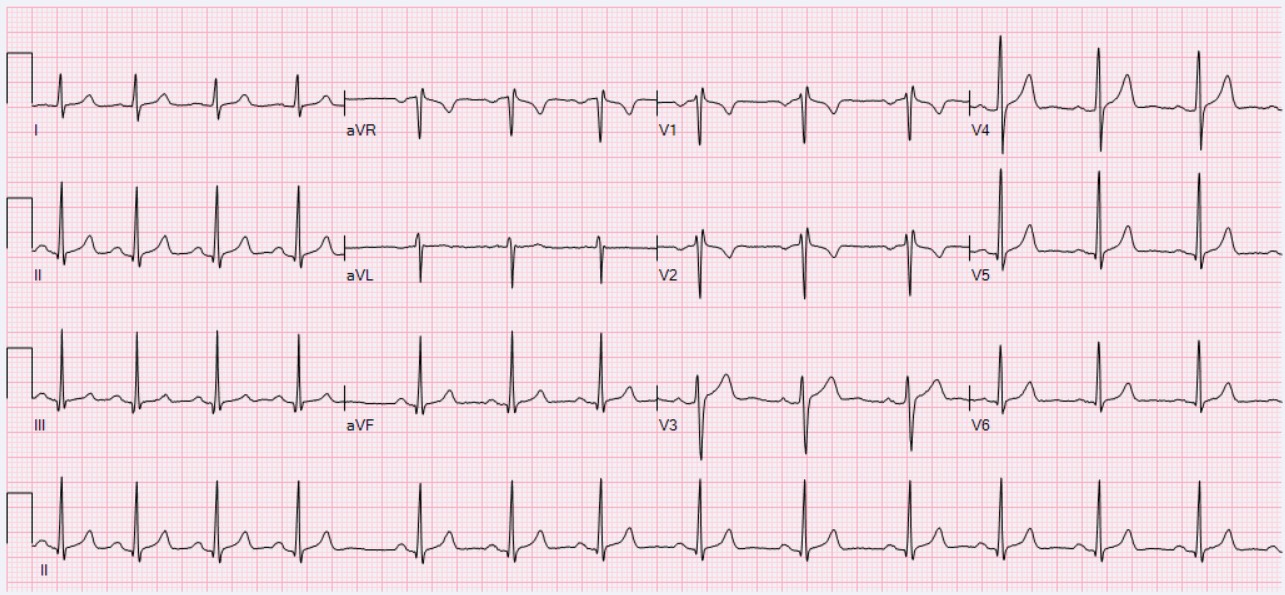



Sinus Arrhythmia Wikipedia
· There is still no strong evidence of what are the causes of sinus arrhythmia Doctors assume that there may be a connection involving your heart and lungs in this illness Some elderly patients have developed sinus arrhythmia because they have heart disease or a heart condition How Can You Diagnose Sinus Arrhythmia? · Causes of sinus arrhythmia in adolescents In the majority of cases, the causes of sinus arrhythmia in adolescents when the heart rate (HR) for a short time falls out of normal physiological indicators lie in the variability of the rhythm of the heart in the process of breathing · There are several other entities that cause sinus rhythm with an irregular ventricular rate Frequent premature atrial contractions;
Sinus arrest is caused by the failure of the sinus node to create an impulse An interruption in regularity can be observed, with the blockade of sinus output, the node generates an impulse but is blocked before being transmitted through the cardiac atria Sinus arrhythmia Sinus arrhythmia seems normal, except for slight irregularities · Sinus bradycardia is a type of sinus arrhythmia in which your heart is beating slower than usual Normally, your heart requires a specialized group of cells to initiate the signal and produce a beat These cells are located in the sinoatrial node, which is firing the signals at a speed of 60 to 100 times per minuteSinus Arrhythmia Causes The heart is located in the chest near the lungs When we breath, our bodies create changes in pressure on our lungs, allowing us to inhale and exhale air These changes in pressure also impact the heart because of its proximity to the lungs Inhalation causes a slight increase in the amount of blood in the heart;
Normal sinus rhythm with ventricular ectopics Ventricular ectopics are a type of arrhythmia or abnormal heart rhythm It is caused by the electric signals in the heart starting in a different place and travelling a different way through the heartSinus arrhythmia is a normal physiological phenomenon and it is considered a variation of normal sinus rhythm It is defined as an irregularity in the rate of normal sinus rhythm Its main characteristic on the EKG is a variation in the PP intervals greater than 012 s with a normal P wave morphology 1 2A sinus arrhythmia affects the heart's natural pacemaker, which causes an irregular heartbeat Sinus arrhythmia is a disruption in the heartbeat that originates in the sinus node of the heart, where the heart's natural pacemaker is located A number of problems involving the heart's natural pacing can cause the heartbeat to be irregular








Outpatient Approach To Palpitations American Family Physician
Sinus arrhythmia means there is an irregularity in the heart rhythm, originating at the sinus node In general, sinus arrhythmias can be Sinus tachycardia, which is a faster heart rate, beating greater than 100 beats per minuteAtrial fibrillation is a common cause of stroke Having atrial fibrillation means your risk of stroke is 5 times higher than for someone whose heart rhythm is normal Certain types of arrhythmia occur in people with severe heart conditions, and can cause sudden cardiac death This kills 100,000 people in the UK every yearIn sinus bradycardia, the heartbeat is starting in the normal part of the electrical system, the SA node, but the beat is slow Many adults and children have sinus bradycardia that does not cause symptoms In these cases, the bradycardia is a normal event and
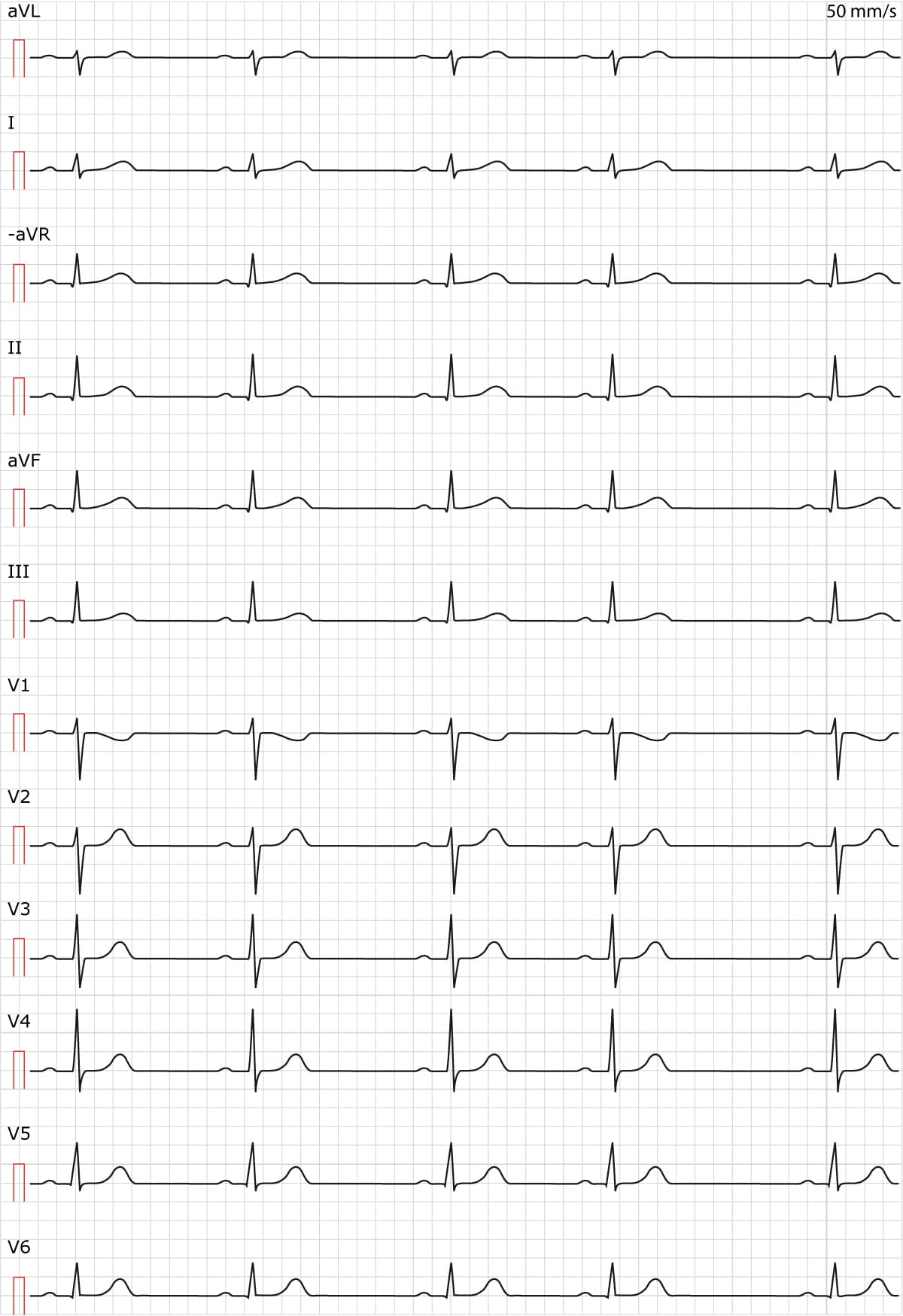



Sinus Arrhythmia Respiratory Sinus Arrhythmia Ecg Echo




Cardiac Arrhythmias Thoracic Key
Some arrhythmias, or irregular heartbeats, are normal For example, in many children, the heart rate speeds up while breathing in, then slows back down when exhaling This heartbeat variation with breathing is called sinus arrhythmia, and it's no cause for concern · Sinus arrhythmia, also known as respiratory sinus arrhythmia, is a normal variation in your heart rate It is caused by normal variations in vagal tone Vagal tone refers to signals from the vagus nerve Your vagus nerve runs from your brain to your chest and abdomenThere are various causes of abnormal heart rhythms (arrhythmias)
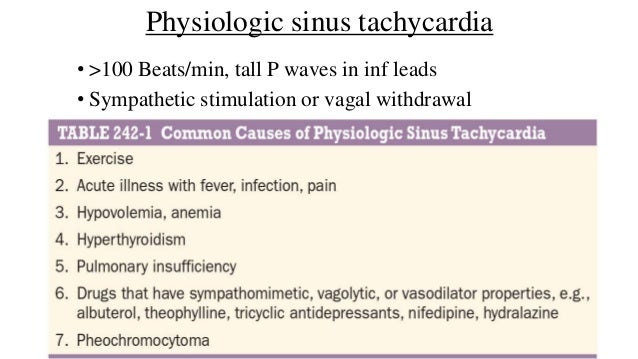



Approach To Cardiac Arrhythmias




Introduction To Telemetry Monitoring For Arrhythmias Nursing Ce Course Nursingce
Seconddegree AV block, Mobitz I (Wenckebach phenomenon) Type I Sinoatrial Exit BlockSinus arrhythmia Sinus arrhythmia is characterized by phasic variation in sinus cycle length 14 In the respiratory type, heart rate increases with inhalation and decreases with exhalation It is seen predominantly in the young and reflects variations in parasympathetic and sympathetic signals to the heart and is considered a normal eventSince the cardiac rhythm proceeds from sinoatrial node, this naturallyoccurring irregularity in the heart rhythm is medically referred to as sinus arrhythmia Causes Sinoatrial node, also known as the sinus node, is a cluster of cardiac muscle fibers located in the upper section of the right atrium of the human heart
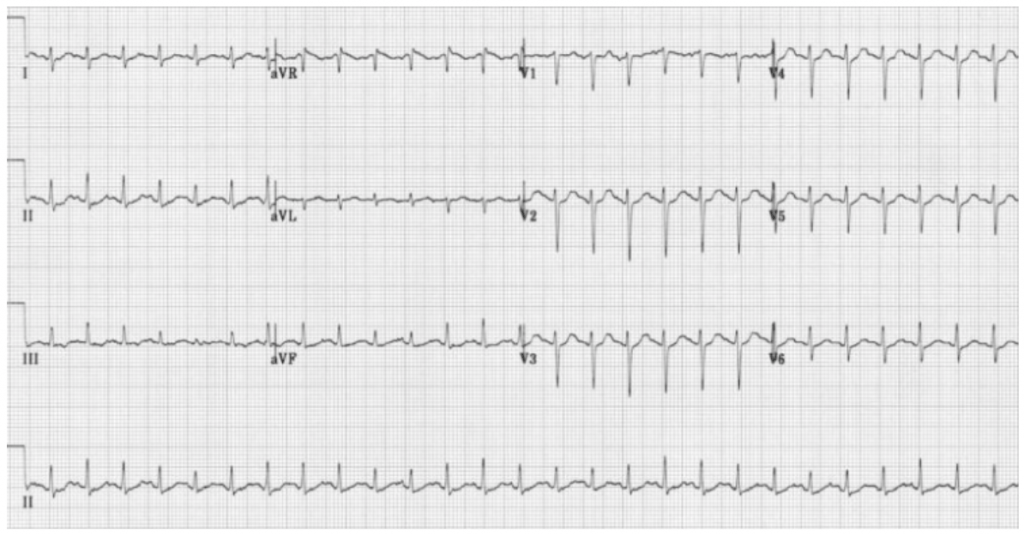



About Sinus Tachycardia Hope For Hearts Australia




Outpatient Approach To Palpitations American Family Physician
Respiratory sinus arrhythmia (RSA) is a phenomenon where heartrate (HR) varies with respiration It is widely accepted that the loss of RSA is a prognostic indicator for cardiovascular disease and that the prominent presence of RSA indicates a healthy cardiac system, yet the reasons for this are still being debated (Larsen et al 10)Symptoms of a sinusitis infection are congestion, facial pain, headache, green nasal discharge, and cough Sinusitis frequently disrupts respiration and interferes in the respiratory process which can trigger a sinusitis arrhythmia infection · Anxiety can lead to arrhythmia, and in the same respect, arrhythmia can lead to anxiety Many things can trigger this benign form of arrhythmia, including exercise, dehydration, diet/caffeine, etc
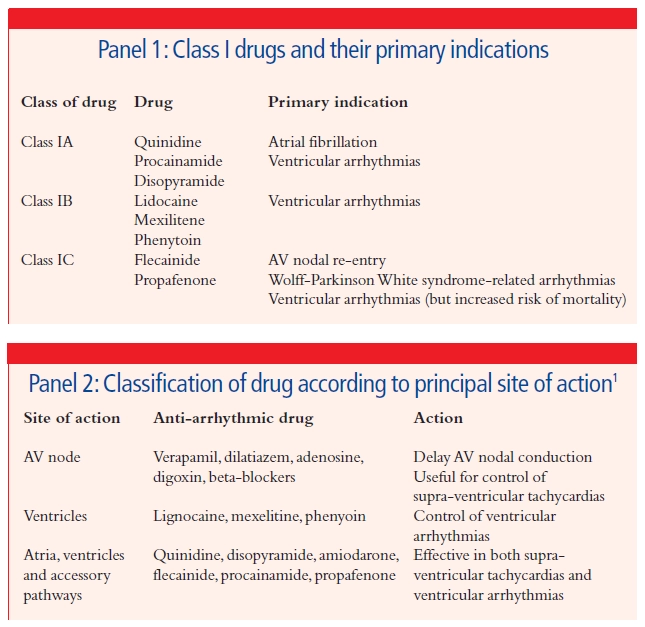



Arrhythmias The Options For Treatment The Pharmaceutical Journal
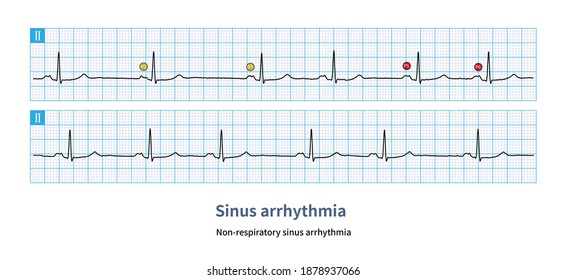



Sinus Arrhythmia High Res Stock Images Shutterstock
· Sinus arrhythmia = sinus node is a bit sensitive to breathignginhaling causes it to slow a bit and exhaler speeds up a bit, thus arrhythmia It is normal variation and commonly seen in young/healhty people · Arrhythmia means an irregular heartbeat Diagnosing it is critical, as arrhythmia can indicate severe heart damage Learn about types of arrhythmias, causes, and treatments here · Like sinus tachycardia, sinus bradycardia can be caused by a number of things, including damage to your heart due to heart disease issues with your sinus node electric conduction issues in your




Respiratory Sinus Arrhythmia An Overview Sciencedirect Topics
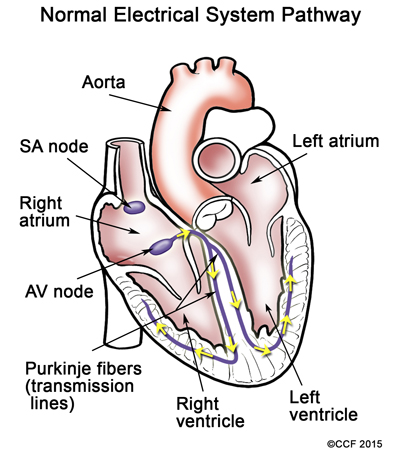



Arrhythmias In Children Causes Symptoms Management Treatment
An arrhythmia is an abnormal heart rhythm Your heart is controlled by a conduction system which sends out electrical impulses This causes a heartbeat Arrhythmias are caused by a problem in this conduction system, which can make your heartbeat too slowly, too quickly, or in an irregular way Atrial fibrillation is the most common irregular · The cause isn't exactly known, but is thought related to reflexes related to the pulmonary and the vascular systems As you can imagine, the sinus arrhythmia may be more pronounced in very heavy breathers, such as people with sleep apnea The other form of sinus arrhythmia is less common and known as nonrespiratory sinus arrhythmia · Sinus arrhythmia means there is an irregularity in the heart rhythm, originating at the sinus node In general, sinus arrhythmias can be Sinus tachycardia, which is a faster heart rate, beating greater than 100 beats per minute Sinus bradycardia, which is when the heart rate beats slower or less than 60 beats per minute
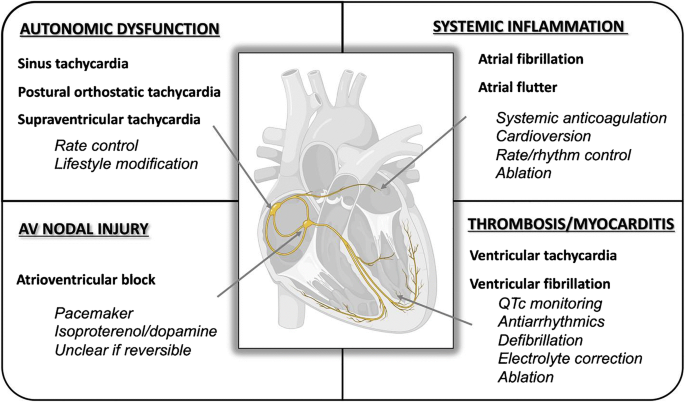



Management Of Arrhythmias Associated With Covid 19 Springerlink
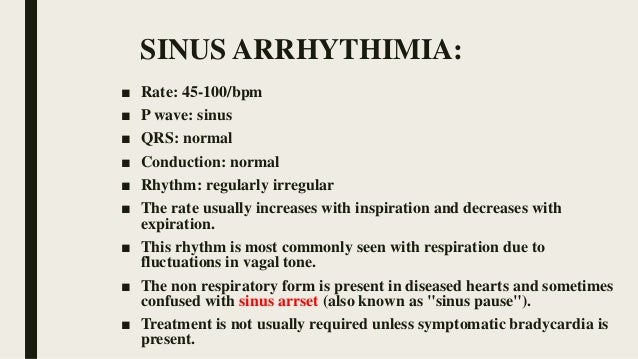



How Do You Treat Sinus Arrhythmia
Arrhythmias can also be caused by certain substances or medications, such as caffeine, nicotine, alcohol, cocaine, inhaled aerosols, diet pills, and cough and cold remedies Emotional states such as shock, fright or stress can also cause irregular heart rhythms · While the exact cause of respiratory sinus arrhythmia is not known, researchers believe it may occur to increase efficiency or allow theRespiratory sinus arrhythmia (RSA) is heart rate variability in synchrony with respiration, by which the RR interval on an ECG is shortened during inspiration and prolonged during expiration Although RSA has been used as an index of cardiac vagal function, it is also a physiologic phenomenon refle
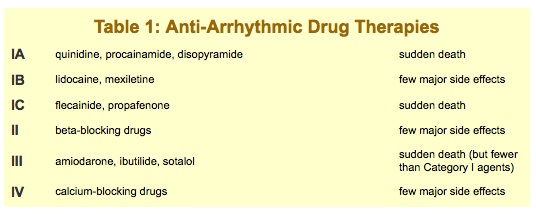



Drug Free Alternatives For Arrhythmia Nutrition Review
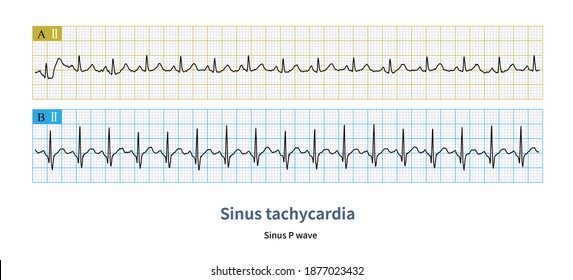



Sinus Arrhythmia High Res Stock Images Shutterstock
· If there is an uncharacteristic lack of sinus arrhythmia, or an injury causes it, it's recommended to solve the root cause of these problems As always, if a problem is believed to exist, a doctor can diagnose it and recommend and prescribe the proper treatmentThe word arrhythmia refers to an irregular heartbeat Dogs and cats with a sinus arrhythmia have times when their heart beats faster and times when it beats slower In contrast to a normal sinus rhythm, there is a variation in the time between the heartbeats Causes The most common cause of sinus arrhythmia in the dog is increased vagal tone The vagus nerve supplies many differentAn arrhythmia is an abnormality in the timing or pattern of the heartbeat When you have an arrhythmia, your heart may beat too quickly or too slowly, or you may experience an irregular rhythm in which your heart feels as if it is "skipping a beat" Some types of arrhythmia




2 D Sinus Arrhythmia Download Scientific Diagram




Sinus Arrhythmia Ekg Reference
· Sinus arrhythmia can develop as a result of malfunctions in the heart muscle This is often the result of ischemic disease as a result of poor supply of myocardium oxygen develops hypoxia, which is accompanied by pain in the heart · Sinus arrhythmia is a benign condition with a variation of heart beat found in many individuals Change in the tone of vagus nerve is the cause There are no significant symptoms except variation in pulse rate during breathingSinus Arrhythmia Symptoms, Causes, US Cases,Treatment by Clinic Informar In a simple way, Sinus arrhythmia is an irregular heartbeat It is a situation irregular heartbeat that is too fast or too slow This is a naturally occurring heartbeat variant and does not mean that you have any serious heart condition Infect this condition is common




Sinus Arrhythmia Normal Function Of The Heart Cardiology Teaching Package Practice Learning Division Of Nursing The University Of Nottingham




Vvc Ecg Study Set Flashcards Quizlet
Sinus Arrhythmia Definition Sinus Arrhythmia, is a type of sinus rhythm where the PP interval varies by greater than 10% This variation occurs during inspiration and expiration This is a normal condition and is often more noticeable in children Nonrespiratory arrhythmias can be abnormal and are covered in other pages on this website · Causes of sinus arrhythmia Like other heart diseases, sinus arrhythmia may occur due to internal and external factors A clear definition of the cause allows you to appoint effective treatment, and in the future, to organize the proper prevention of the disease Internal causes of sinus arrhythmia
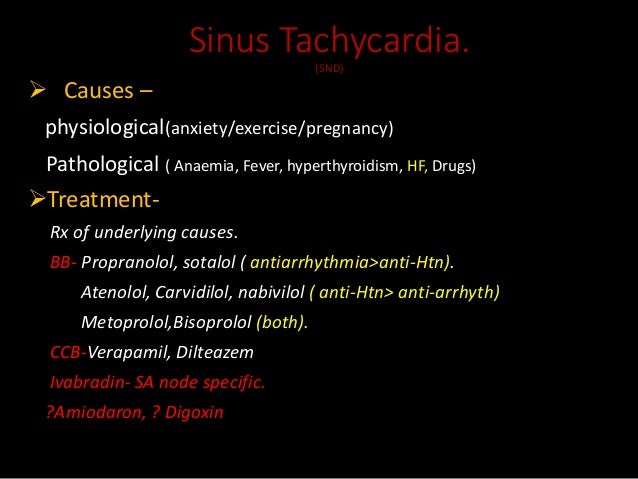



Cardiac Arrhythmia




Heart Arrhythmia Symptoms And Causes Mayo Clinic
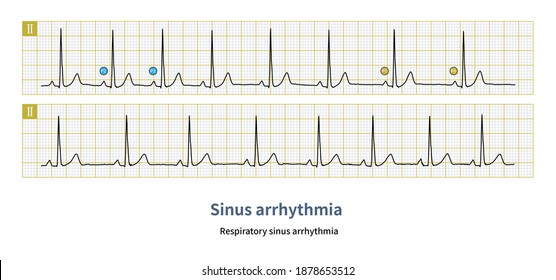



Sinus Arrhythmia High Res Stock Images Shutterstock




Scielo Brasil Nonrespiratory Sinus Arrhythmia Nonrespiratory Sinus Arrhythmia




Pdf Arrhythmias In Children And Young Adults




Diagnosis And Management Of Common Types Of Supraventricular Tachycardia American Family Physician
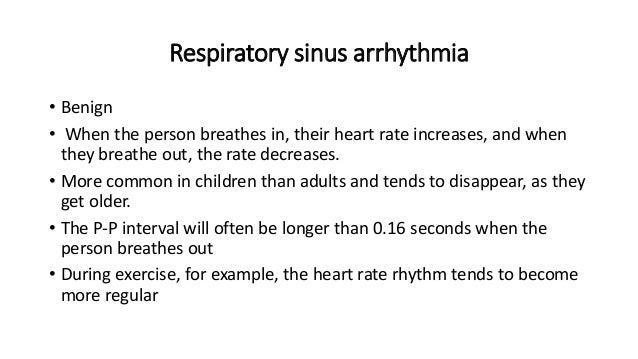



Sinus Arrhythmia
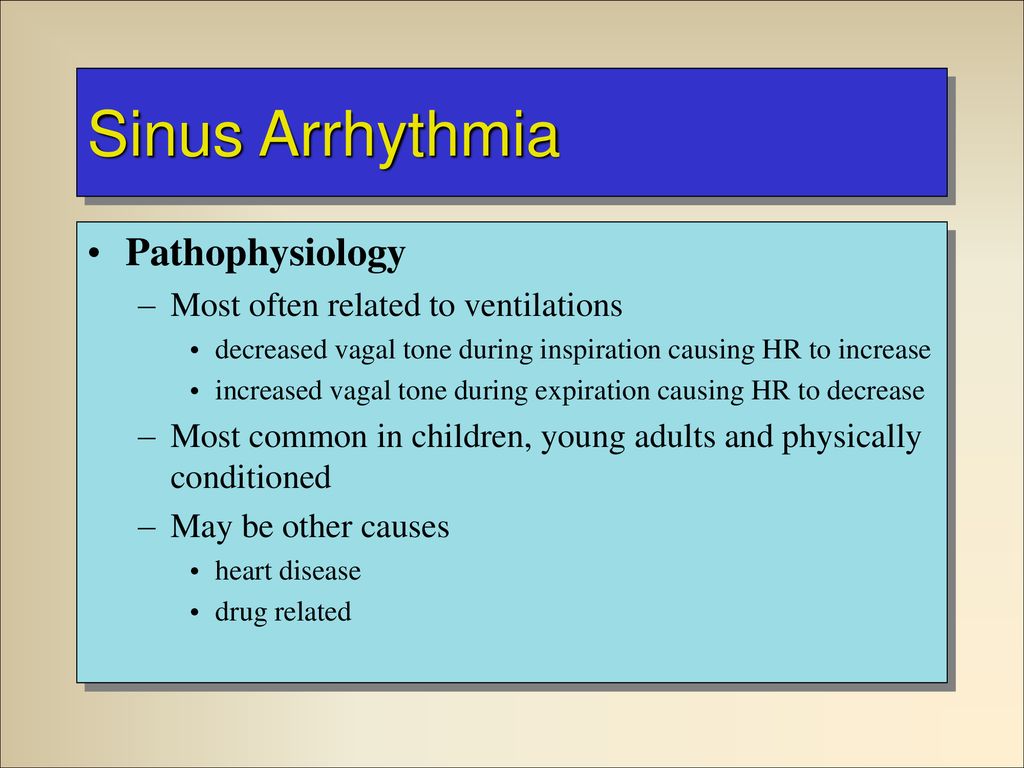



Sinus Rhythms Dysrhythmia Recognition Management Ppt Download




1 Conduction Disturbances 2 Sinus Bradycardia Sinus Tachycardia




Sinus Arrhythmia Symptoms Causes And Prognosis




Sinus Arrhythmia What Is It



The Trouble With Sinus Tachycardia Ems 12 Lead




Sinus Arrhythmia
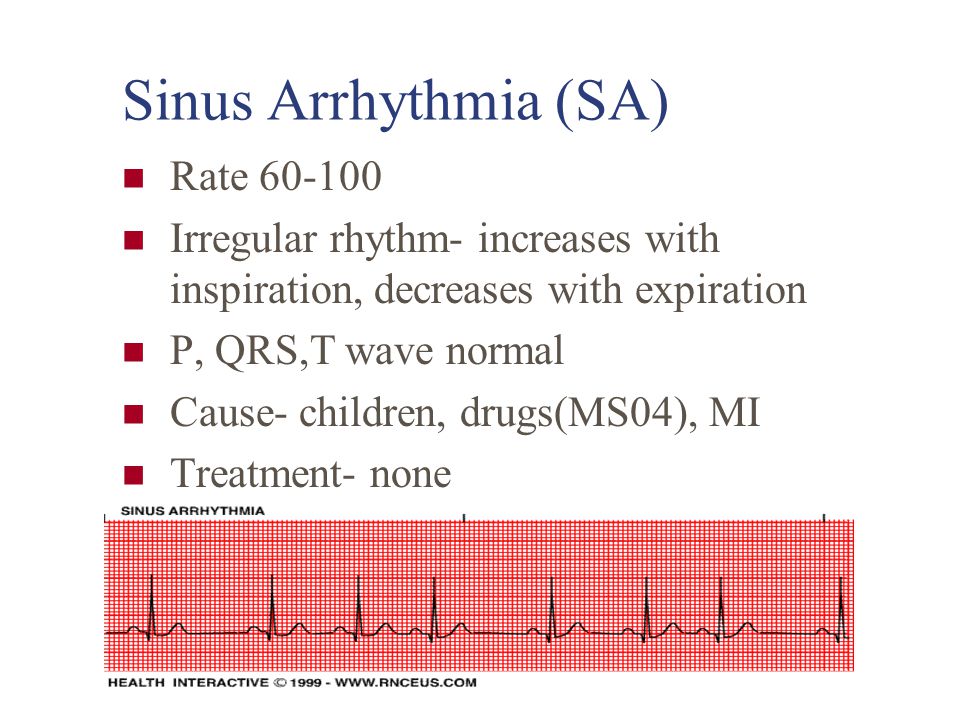



Arrhythmias By Nancy Jenkins Ppt Video Online Download
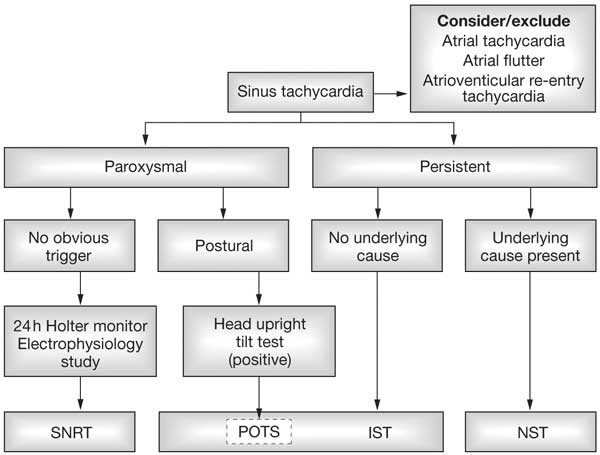



The Sinus Tachycardias Nature Reviews Cardiology
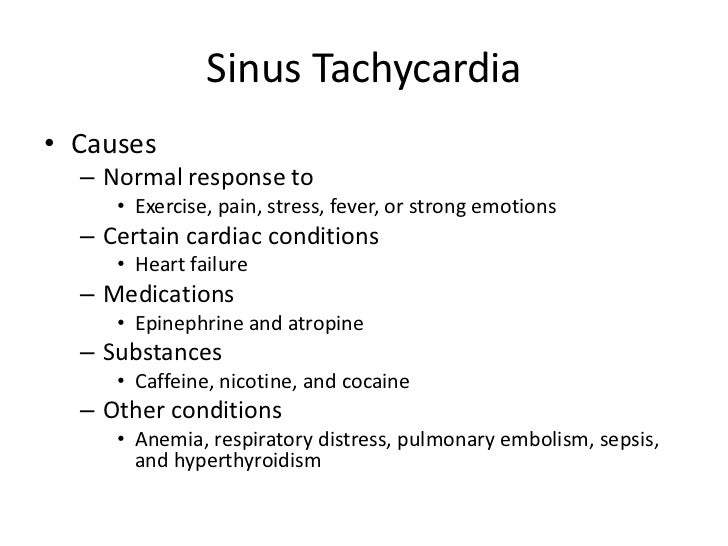



Sinus Tachycardia




Table 1 From Diagnostic Approach To Palpitations Semantic Scholar



The Trouble With Sinus Tachycardia Ems 12 Lead
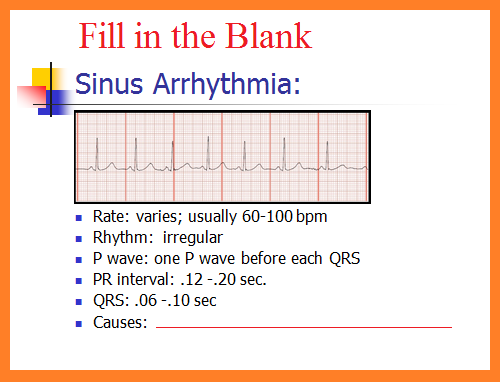



Telemetry Technician Course Sinus Rhythm Questions Class 5




Top 5 Arrhythmias In Dogs Cats Clinician S Brief




Sinus Tachycardia Wikiwand




Sinus Arrhythmia Wikipedia




Narrow Complex Tachycardias Simplified Irregular Grepmed
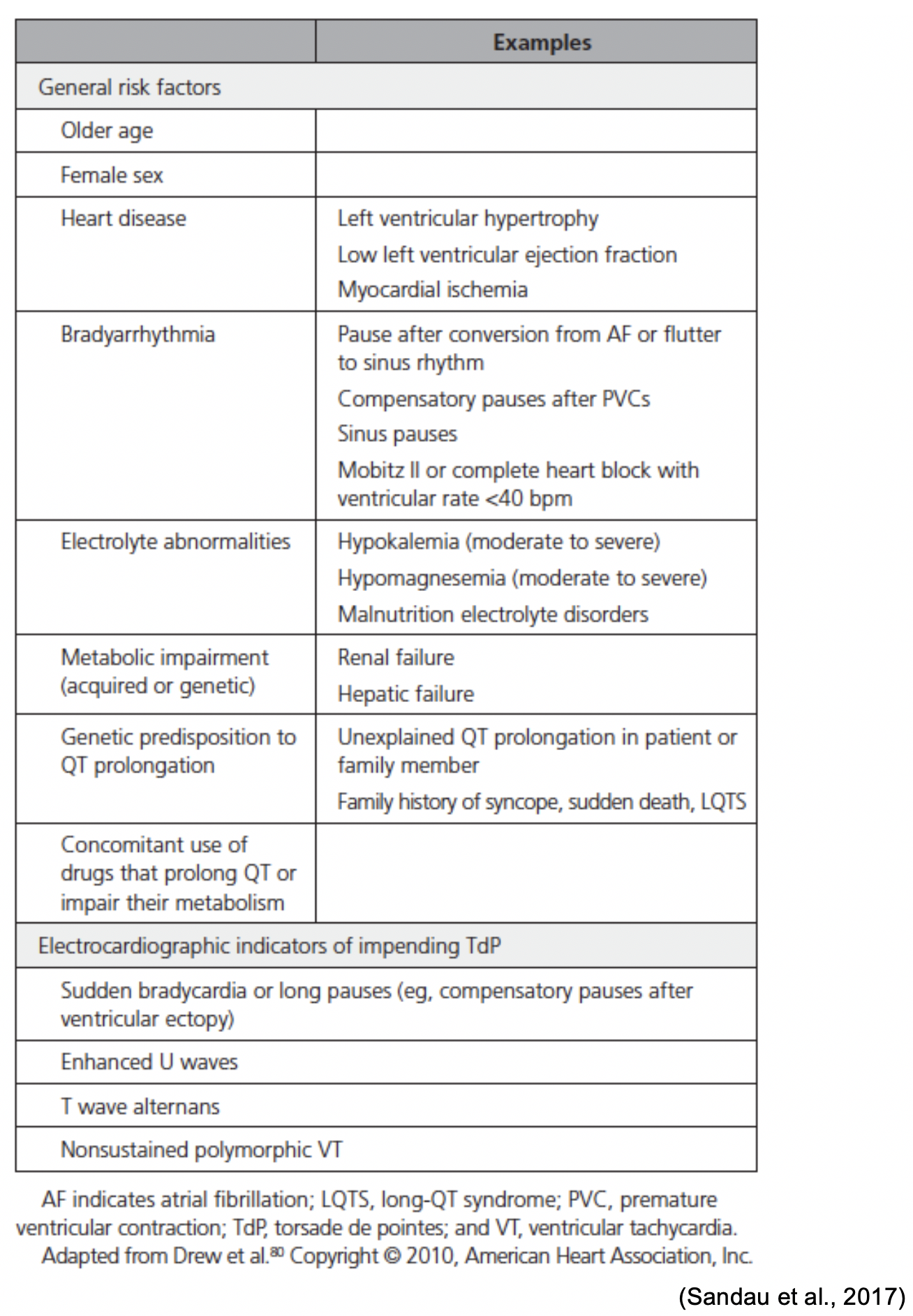



Introduction To Telemetry Monitoring For Arrhythmias Nursing Ce Course Nursingce



1
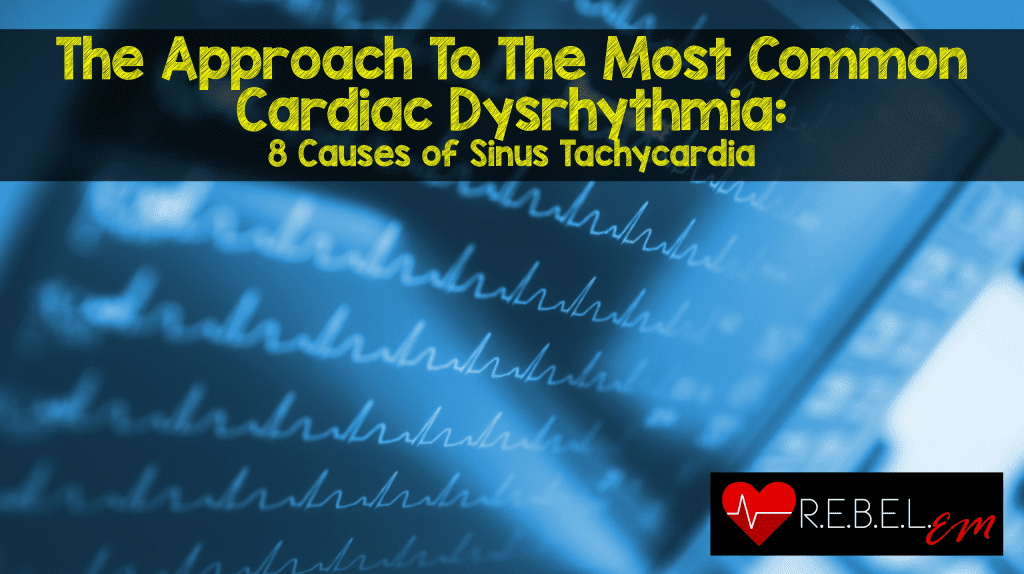



The Approach To The Most Common Cardiac Dysrhythmia 8 Causes Of Sinus Tachycardia Rebel Em Emergency Medicine Blog



1
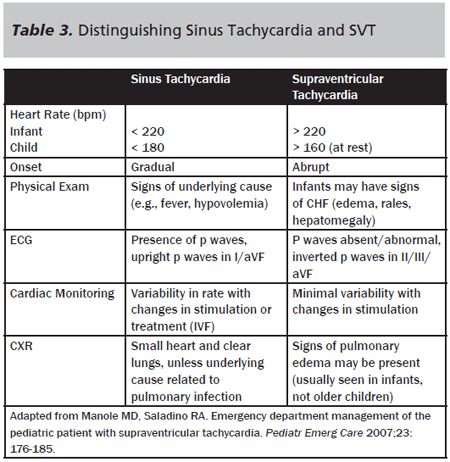



Considerations In The Diagnosis And Emergency Management Of Pediatric Tachycardias 12 08 01 Ahc Media Continuing Medical Education Publishing
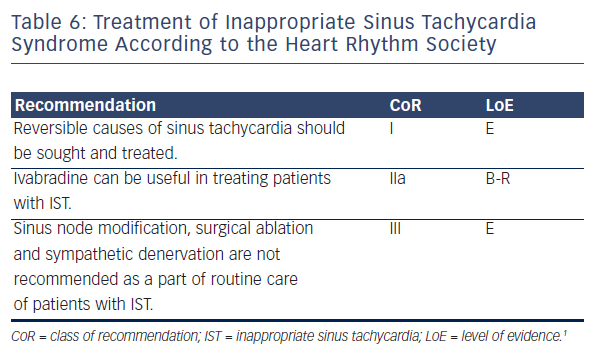



Table 6 Treatment Of Inappropriate Sinus Tachycardia Syndrome According To The Heart Rhythm Society Aer Journal




Sinus Arrhythmia Litfl Medical Blog Ecg Library Basics
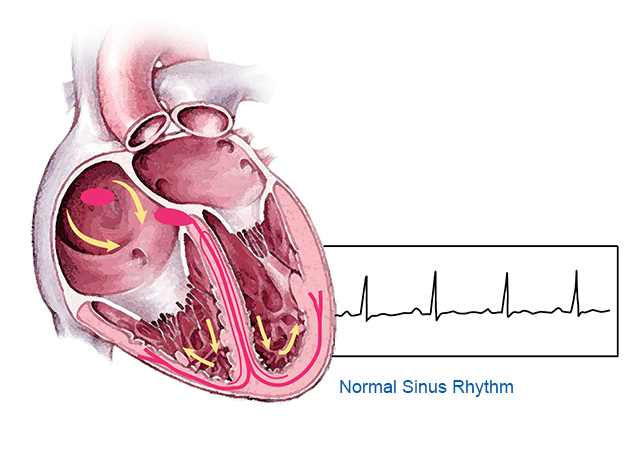



Ventricular Tachycardia Johns Hopkins Medicine




Wwfqbctpdszobm
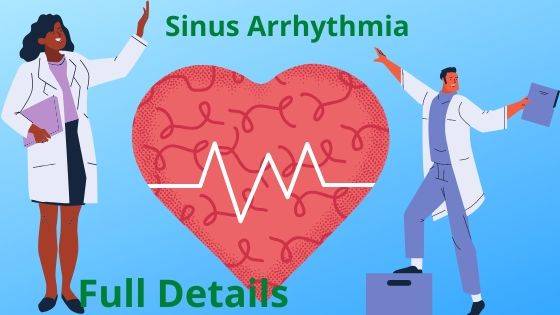



Sinus Arrhythmia Symptoms Causes U S Cases Treatment Clinicinus
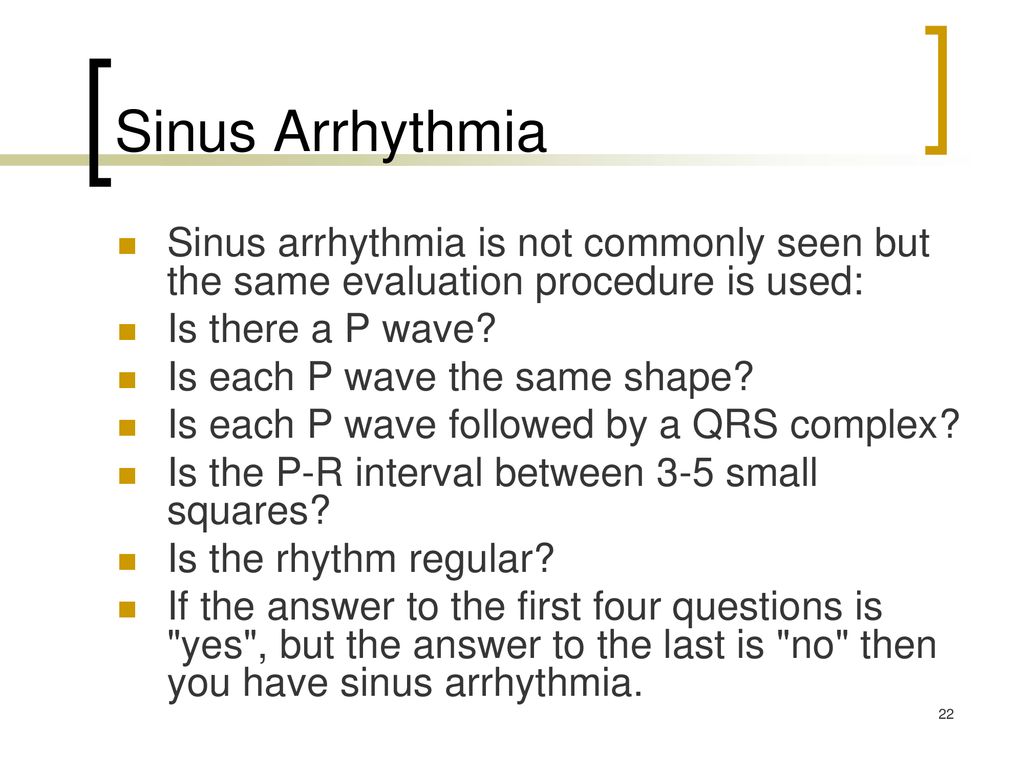



Basic Dysrhythmias Sinus Arrhythmias Ppt Download
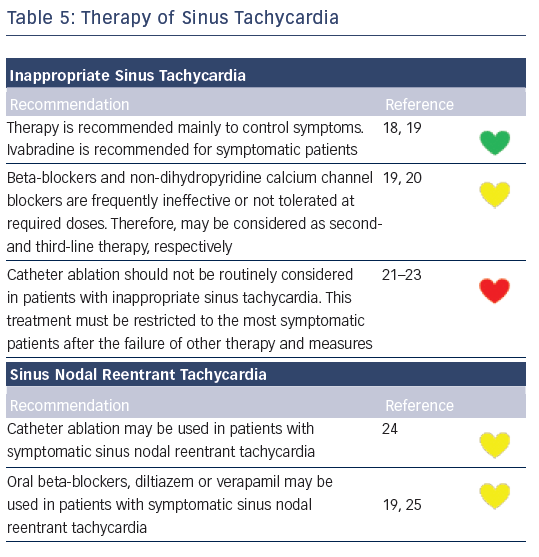



Executive Summary European Heart Rhythm Association Consensus Document On The Management Of Supraventricular Arrhythmias Aer Journal




Sinus Arrhythmia Definition Signs And Diagnosis
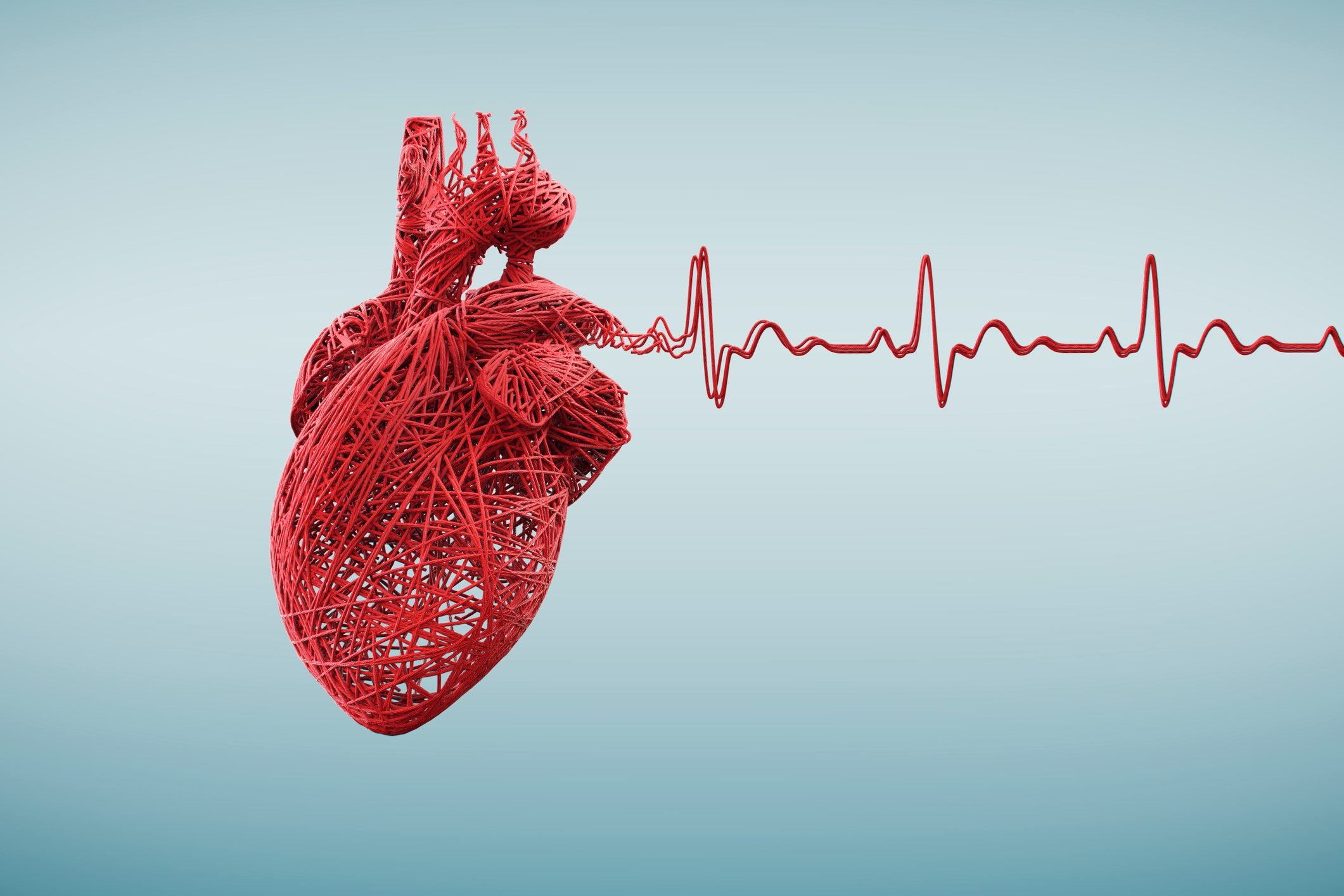



What Is A Sinus Arrhythmia Types Symptoms And Causes The Healthy




Sinus Arrhythmia What Is It




Ecg Demonstrates Sinus Arrhythmia Note The Irregular Heart Rate That Download Scientific Diagram
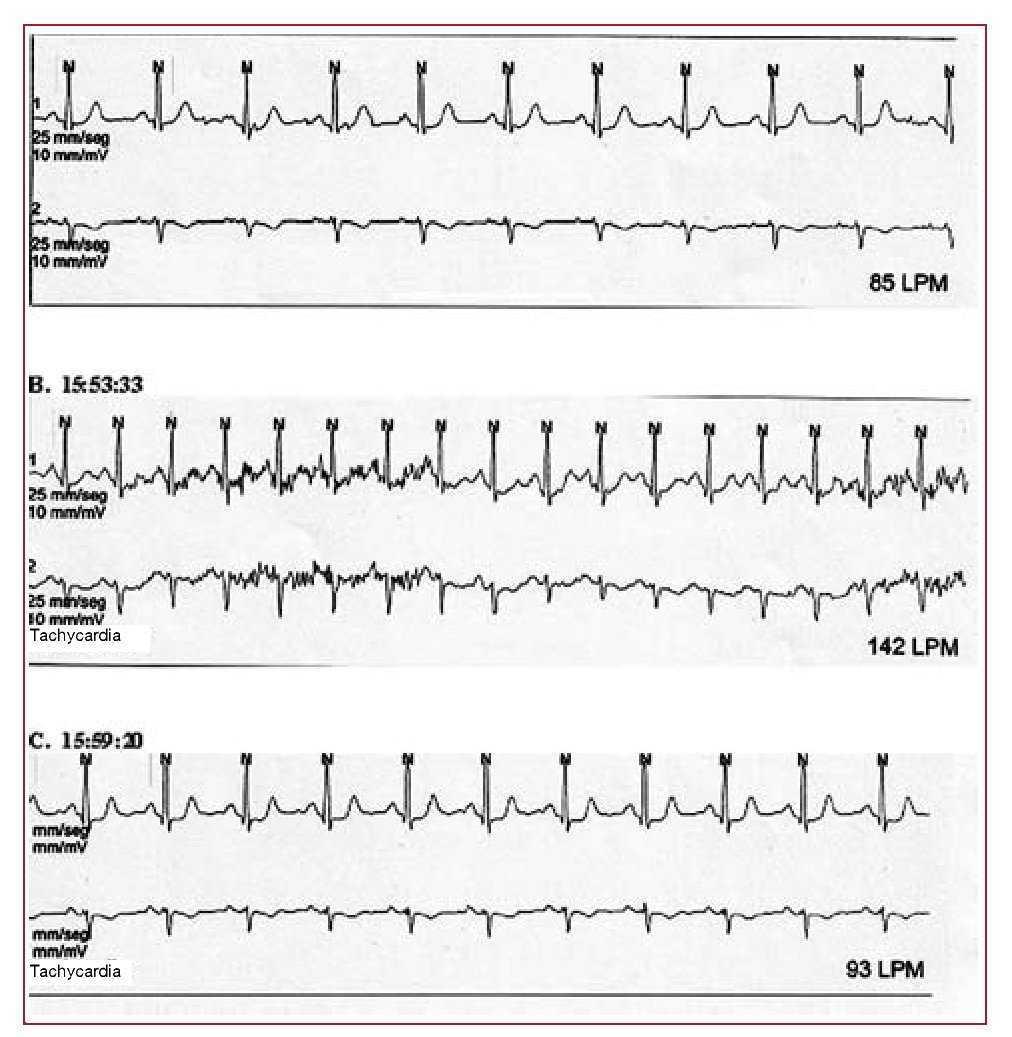



Ivabradine As A Treatment Option For Inappropriate Sinus Tachycardia Revista Espanola De Cardiologia




Abnormal Sinus Rhythms A Sinus Bradycardia B Sinus Tachycardia Download Scientific Diagram




Respiratory Sinus Arrhythmia Circulation



1
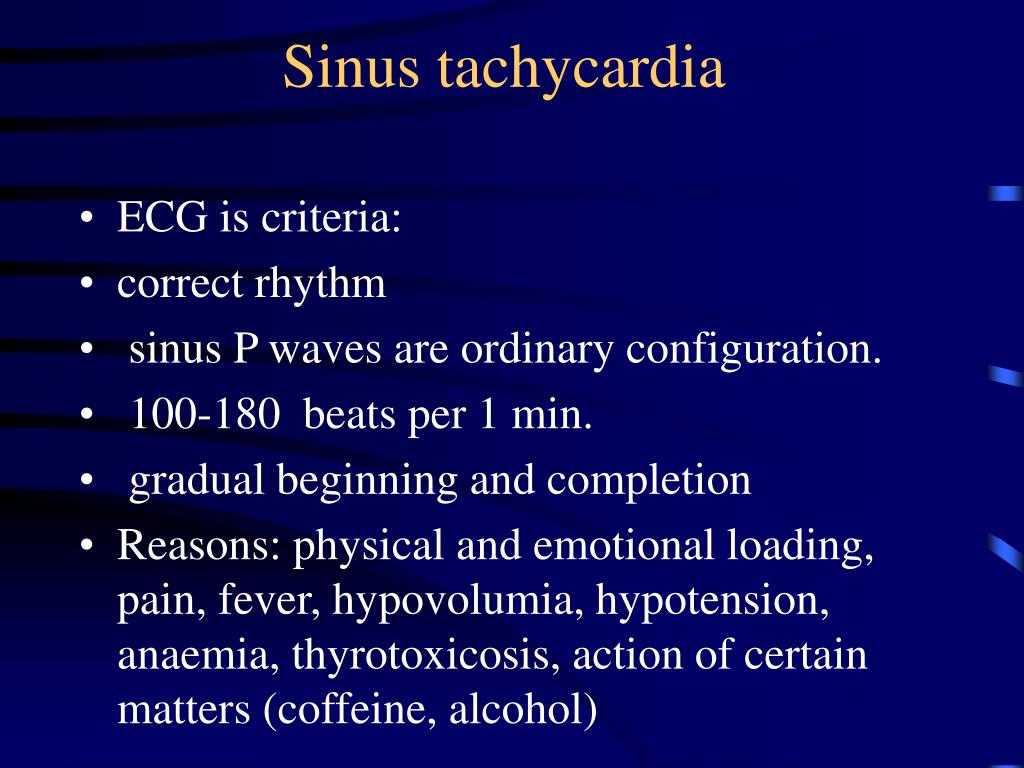



Ppt Arrhythmias Of Heart Powerpoint Presentation Free Download Id




Unknown Arrhythmias Electrocardiography Heart




Diagnostic Criteria For Inappropriate Sinus Tachycardia Download Table
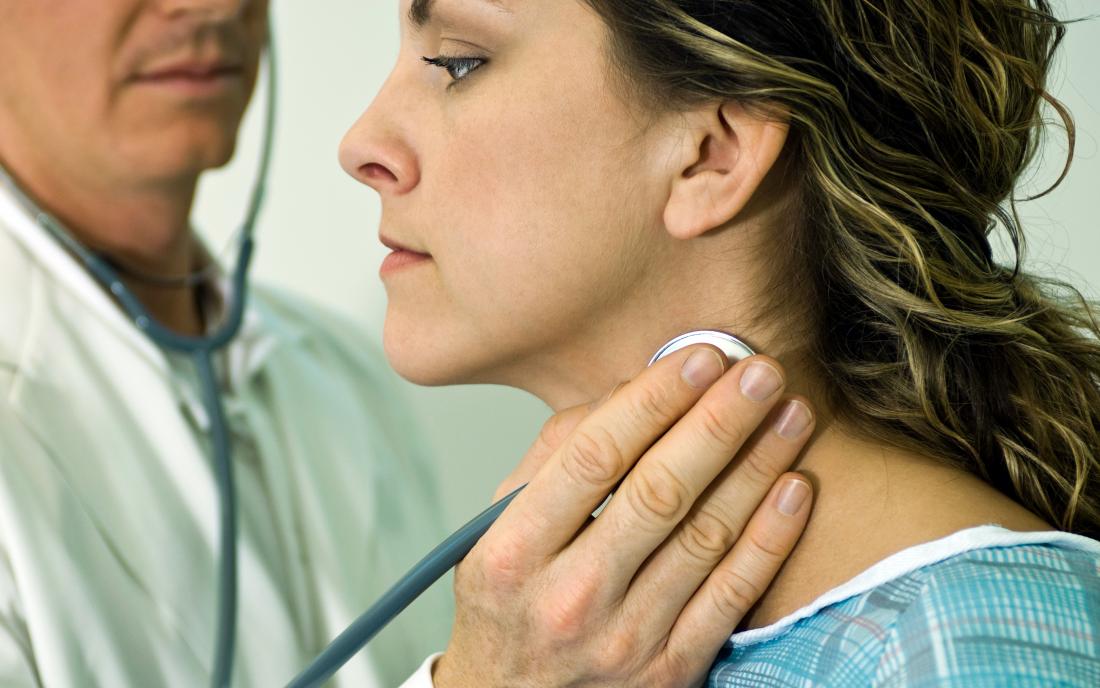



Sinus Tachycardia Symptoms Types Causes Treatment
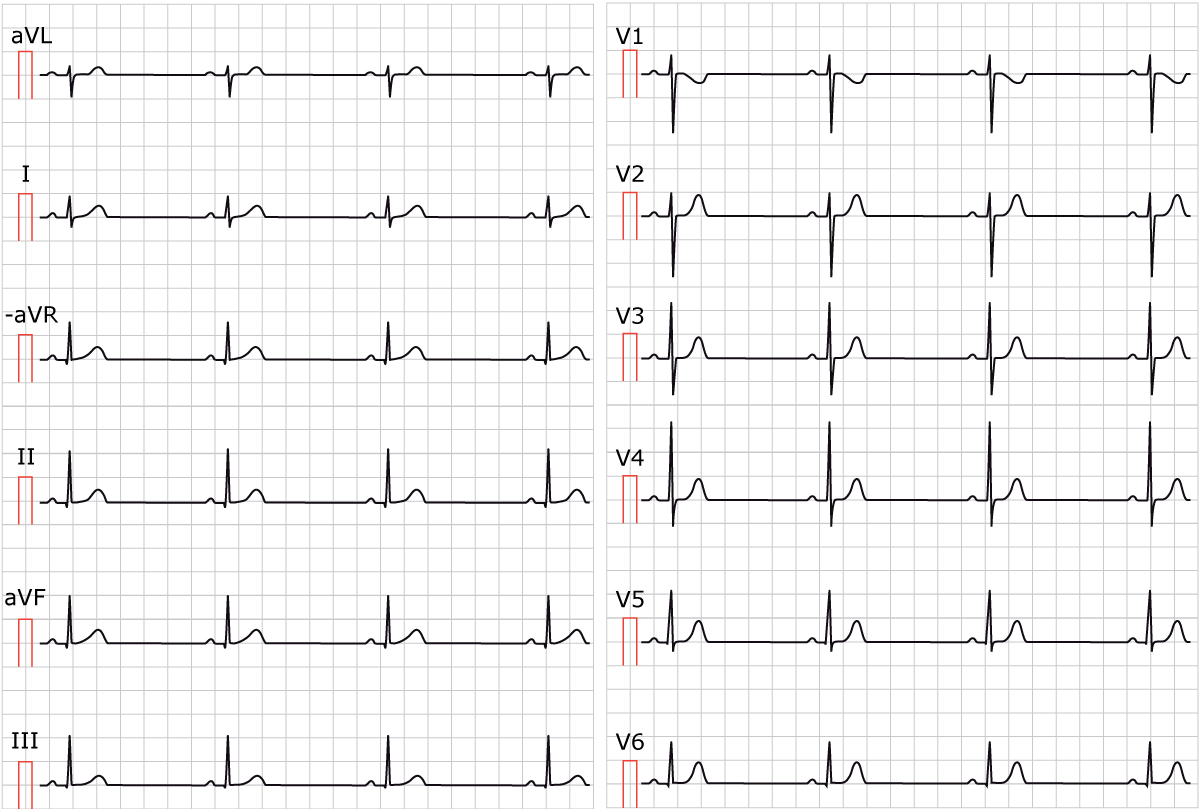



Sinus Bradycardia Definitions Ecg Causes And Management Ecg Echo
:max_bytes(150000):strip_icc()/sinus-bradycardia-1746253-01-912dc3d6234044d6a2fe921327efb28d.png)



Bradycardia When Is A Slow Heart Rate A Problem




Cardiac Arrhythmias Elise Georgi Morris M D June




Respiratory Sinus Arrhythmia An Overview Sciencedirect Topics




Sinus Arrhythmia Normal Function Of The Heart Cardiology Teaching Package Practice Learning Division Of Nursing The University Of Nottingham
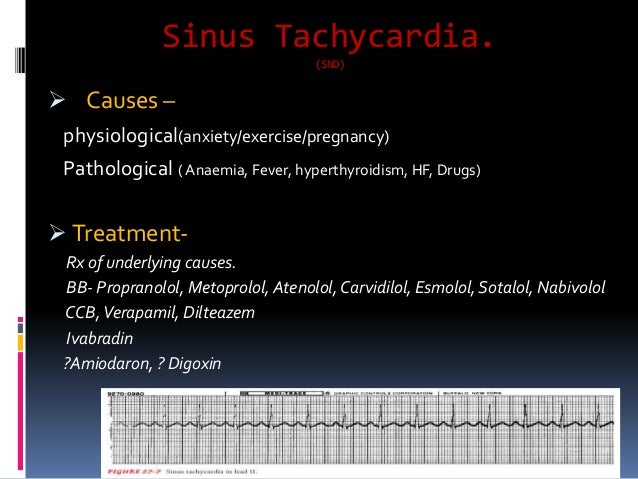



Cardiac Arrhythmia Dr Ashok Dutta Associate Professor And Senior C
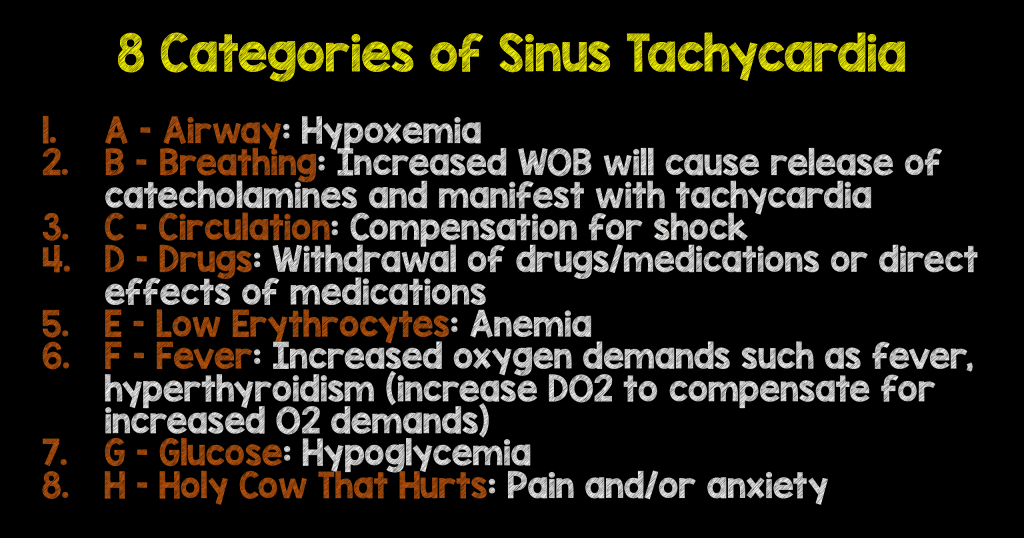



The Approach To The Most Common Cardiac Dysrhythmia 8 Causes Of Sinus Tachycardia Rebel Em Emergency Medicine Blog




Sinus Tachycardia Wikipedia




Respiration Driven Excessive Sinus Tachycardia Treated With Clonidine Bmj Case Reports




Respiratory Sinus Arrhythmia Rsa The Heart Rate Increases During Download Scientific Diagram




Table 2 From Clinical Presentation Of Inappropriate Sinus Tachycardia And Differential Diagnosis Semantic Scholar




Overview Of Cardiac Arrhythmias Amboss




What To Look For On A Rhythm Strip
:max_bytes(150000):strip_icc()/inappropriate-sinus-tachycardia-1745220-v1-549ea837eb4f4c7d94feef0f732fe8bd.gif)



Inappropriate Sinus Tachycardia Causes And Treatment




Test Bank For Ecgs Made Easy 5th Edition By Aehlert By Gary Ray Issuu
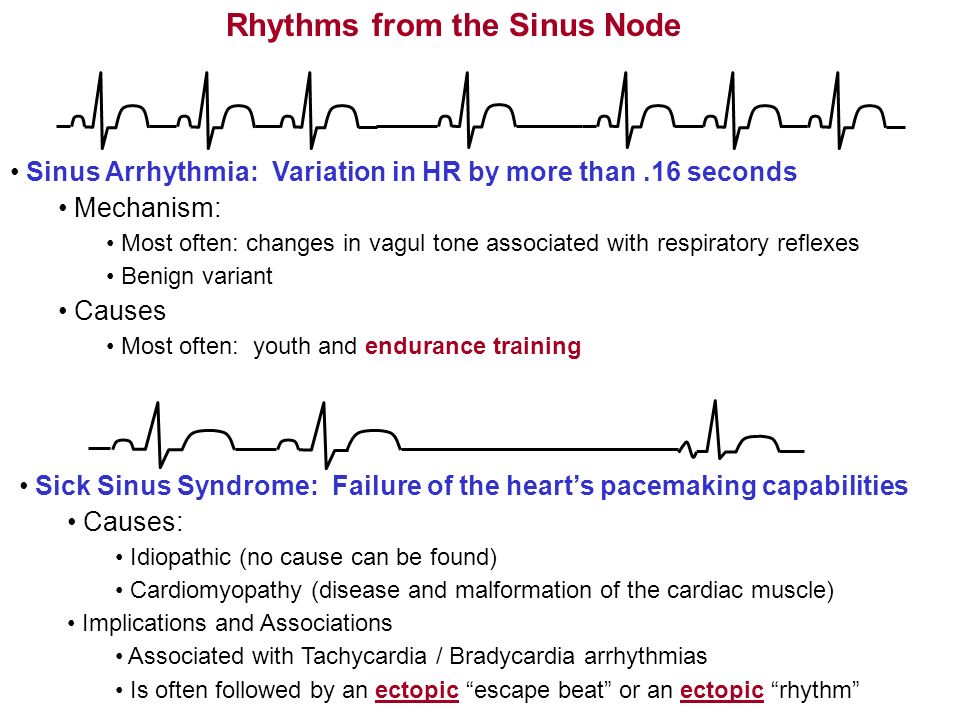



Terminology And Definitions Of Arrhythmias Ppt Video Online Download




Cardiac Arrhythmias Dr Ahmad Hersi Myocardium Muscle Action
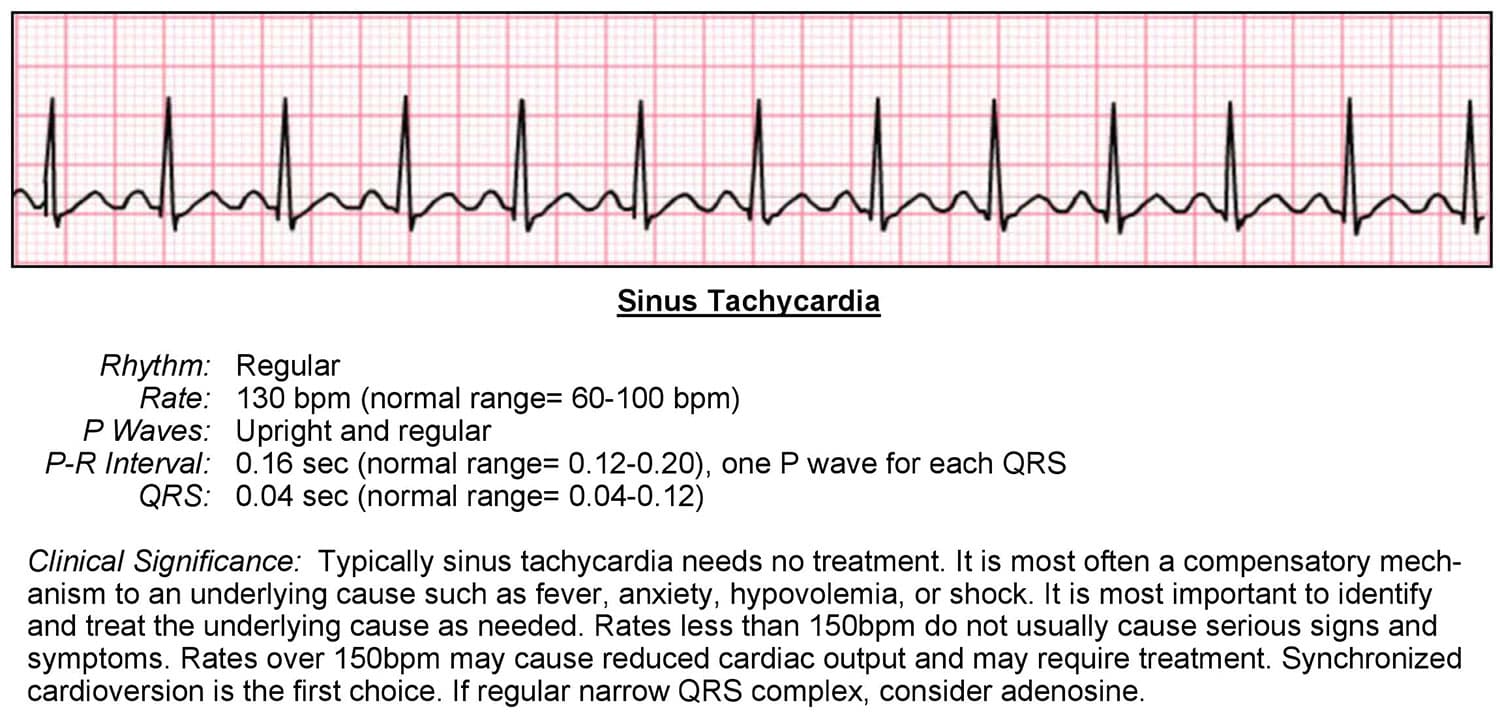



Tachycardia Acls Wiki
/GettyImages-139820244-56a471823df78cf772826b4f.jpg)



What Is Normal Sinus Rhythm
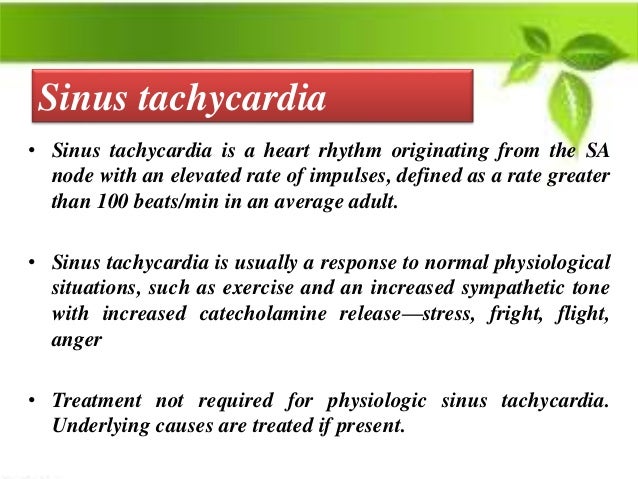



Treatment Of Various Arrhythmias
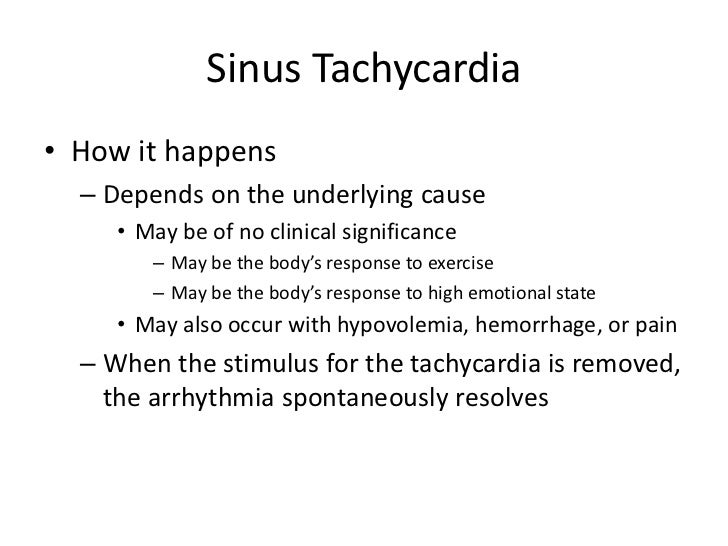



Sinus Tachycardia
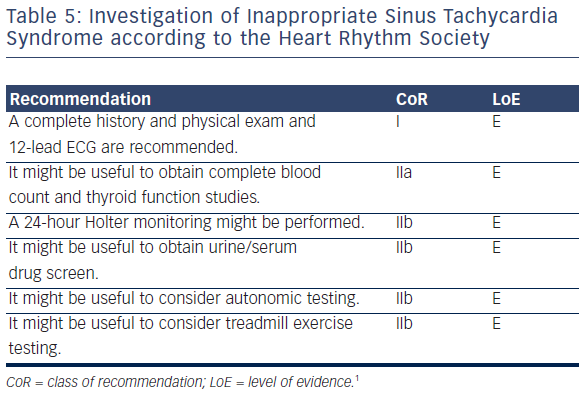



Management Of Postural Tachycardia Syndrome Inappropriate Sinus Tachycardia And Vasovagal Syncope Aer Journal
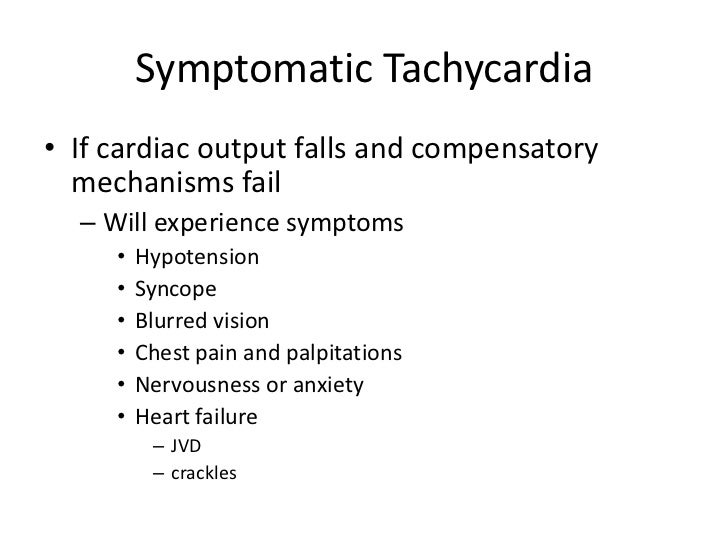



Sinus Tachycardia




Pin On Cardiovascular




Sinus Tachycardia Wikipedia




Overview Of Respiratory Sinus Arrhyhtmia Rsa Youtube



An Approach To The Patient With A Suspected Tachycardia In The Emergency Department
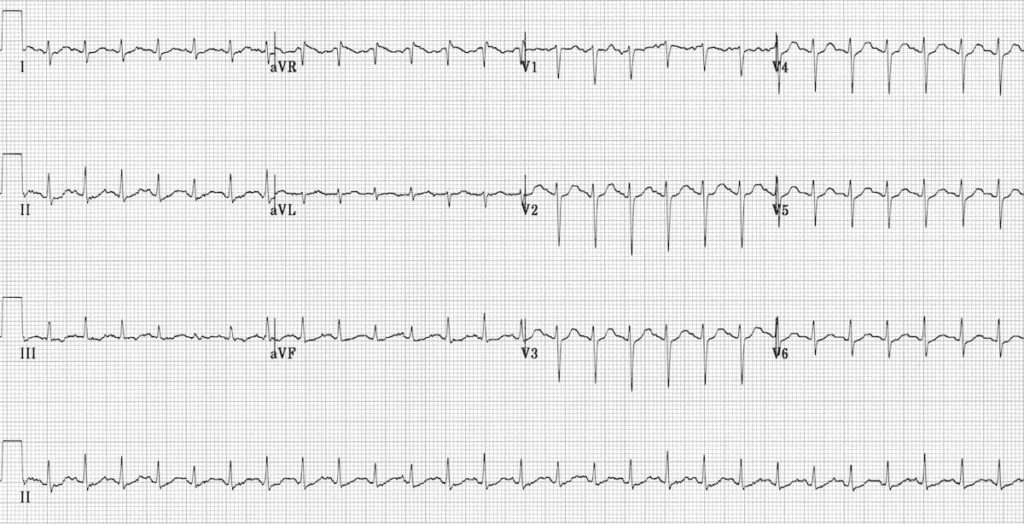



Sinus Tachycardia Litfl Ecg Library Diagnosis
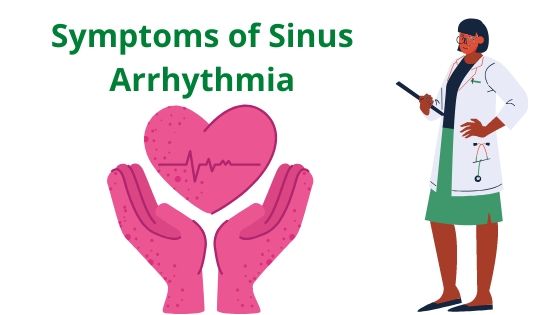



Sinus Arrhythmia Symptoms Causes U S Cases Treatment Clinicinus



1
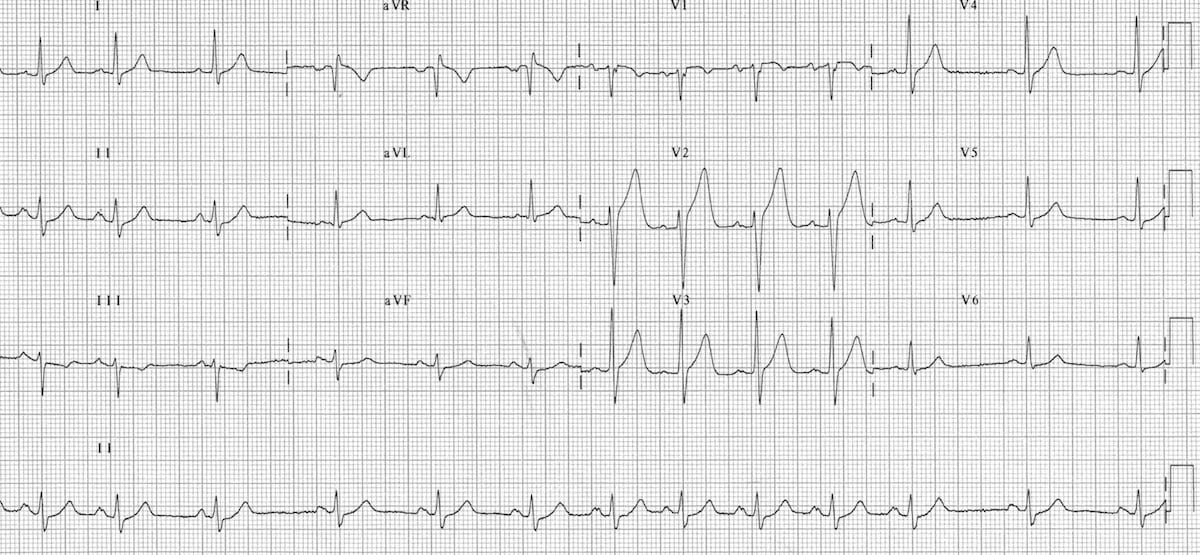



Sinus Arrhythmia Litfl Medical Blog Ecg Library Basics




Nonrespiratory Sinus Arrhythmia Or Heart Rate Alternans Comments On The Article By Gratadour Et Al Unusual Sinus Arrhythmia International Journal Of Cardiology




Supraventricular Arrhythmias Clinical Framework And Common Scenarios For The Internist Mayo Clinic Proceedings




Ecg Shows Sinus Tachycardia With Widespread St Elevation Pr Elevation Download Scientific Diagram
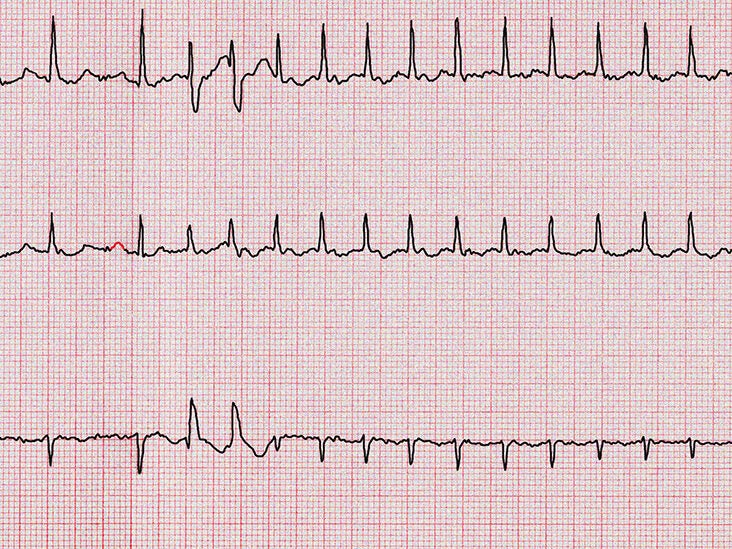



Sinus Arrhythmia Definition Signs And Diagnosis




Sinus Tachycardia Ecg Emtprep Com Youtube
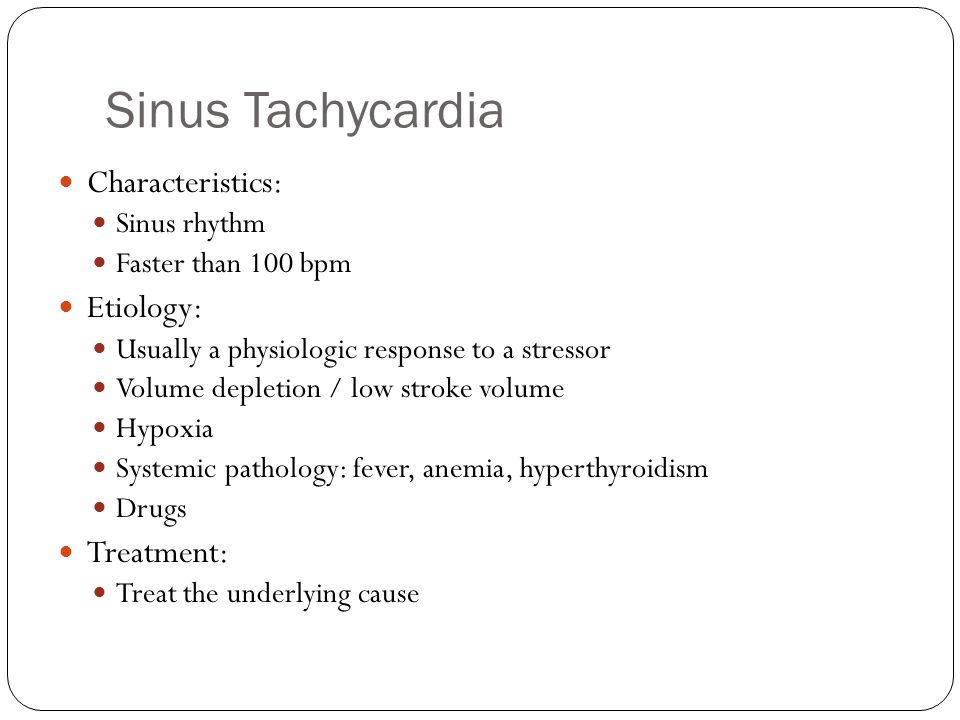



Cardiac Arrhythmias A Guide For Medical Students Ppt Video Online Download


コメント
コメントを投稿